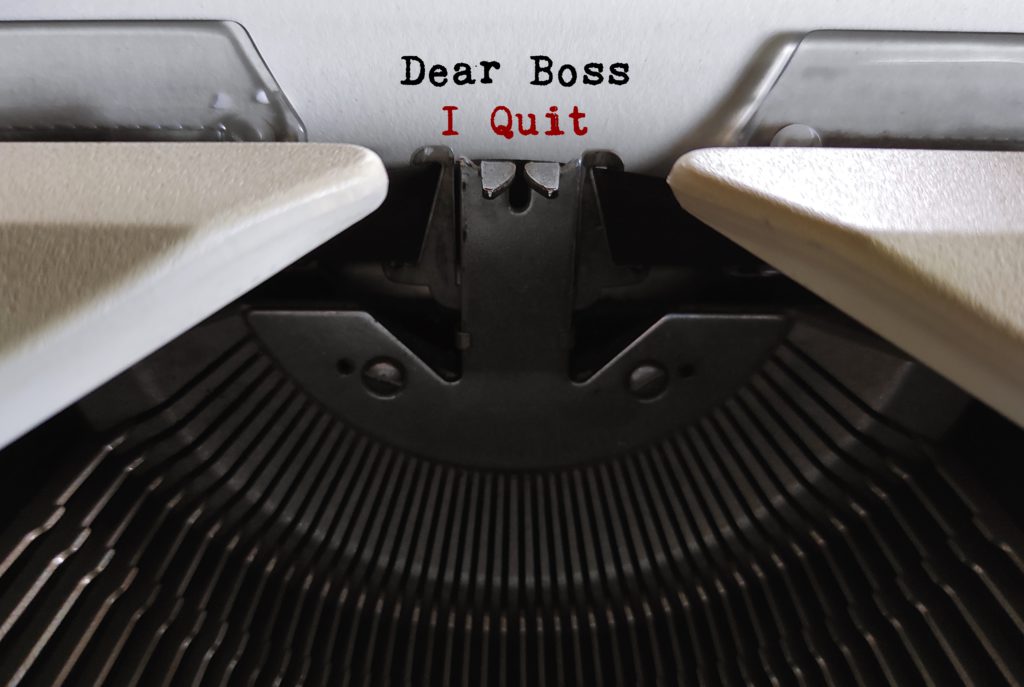We provide a checklist of reasons that your staff are abandoning ship.
A mid all the talk about South Africa’s unprecedentedly high unemployment rate (officially 34.9%, according to Stats SA), there’s a quieter trend emerging, dubbed ‘the great resignation’. It’s become one of the hottest topics of early 2022. But what is it and what does it mean?
In simple terms, the phenomenon is characterised by a large number of people re-evaluating their lives and resigning from their jobs. Sue Richards, IT Consulting and Resourcing Manager at JMR Software, says: “It’s a global phenomenon that’s also impacting South Africa, which is unexpected as you’d think that the country’s high unemployment rate would deter South Africans from leaving their jobs, but this hasn’t been the case.”
The reason behind this trend is fairly complex.
During the pandemic some companies downscaled, resulting in their remaining staff having to take on more work and, eventually, becoming overworked. Work from home had a similar effect, with work and home life becoming blurred and employees feeling they need to be ‘always on’ to justify the fact that they weren’t in the office.
Another contributing factor is those companies that simply didn’t manage the pandemic properly, leaving staff feeling unsupported and uncertain about their future prospects. “Longer hours, heavier workloads, fatigue and pandemic stress have all contributed to employee burnout,” explains Richards.
Mandatory vaccination policies by employers could also have resulted in people leaving their jobs for other, less restrictive roles. This, followed by an abrupt call back to the office, may have resulted in some employees resenting the loss of their new-found sense of freedom at being able to manage their own workday without a stressful commute.
“Of course,” she says, “it is possible that the reason for employees fleeing their positions is a more positive one, in that people are feeling that there’s more to life after COVID and that they want to enjoy it more.”
The pandemic allowed people to experience the freedom of managing their own work schedule. It also encouraged an entrepreneurial spirit, as some businesses were unable to operate in the earlier stages of lockdown, and people had to find alternative and innovative ways to make ends meet. Are people simply seeking a more favourable work-life balance in a future that they have more control over?
Whatever the cause, South Africans have come to realise they can apply for jobs anywhere in the world; they no longer have to sit in an office from 9 to 5, with an hour’s worth of traffic on either side of that. By contracting to overseas companies, they can earn more money in addition to gaining greater flexibility in terms of where and when they work. “As great as this is, the resulting skills drain away from South African businesses could prove concerning down the line,” Richards points out.
To avoid becoming a victim of the great resignation, she says employers have to step up and implement measures to retain their staff. “These can include offering flexible working conditions, implementing effective remote collaboration tools, investing in their training and helping to ensure their overall wellness – financial, physical and mental.”
Is the future of work forever changed? Or has it just adapted to a post-pandemic world? Perhaps the pandemic just accelerated change that would have happened anyway.

